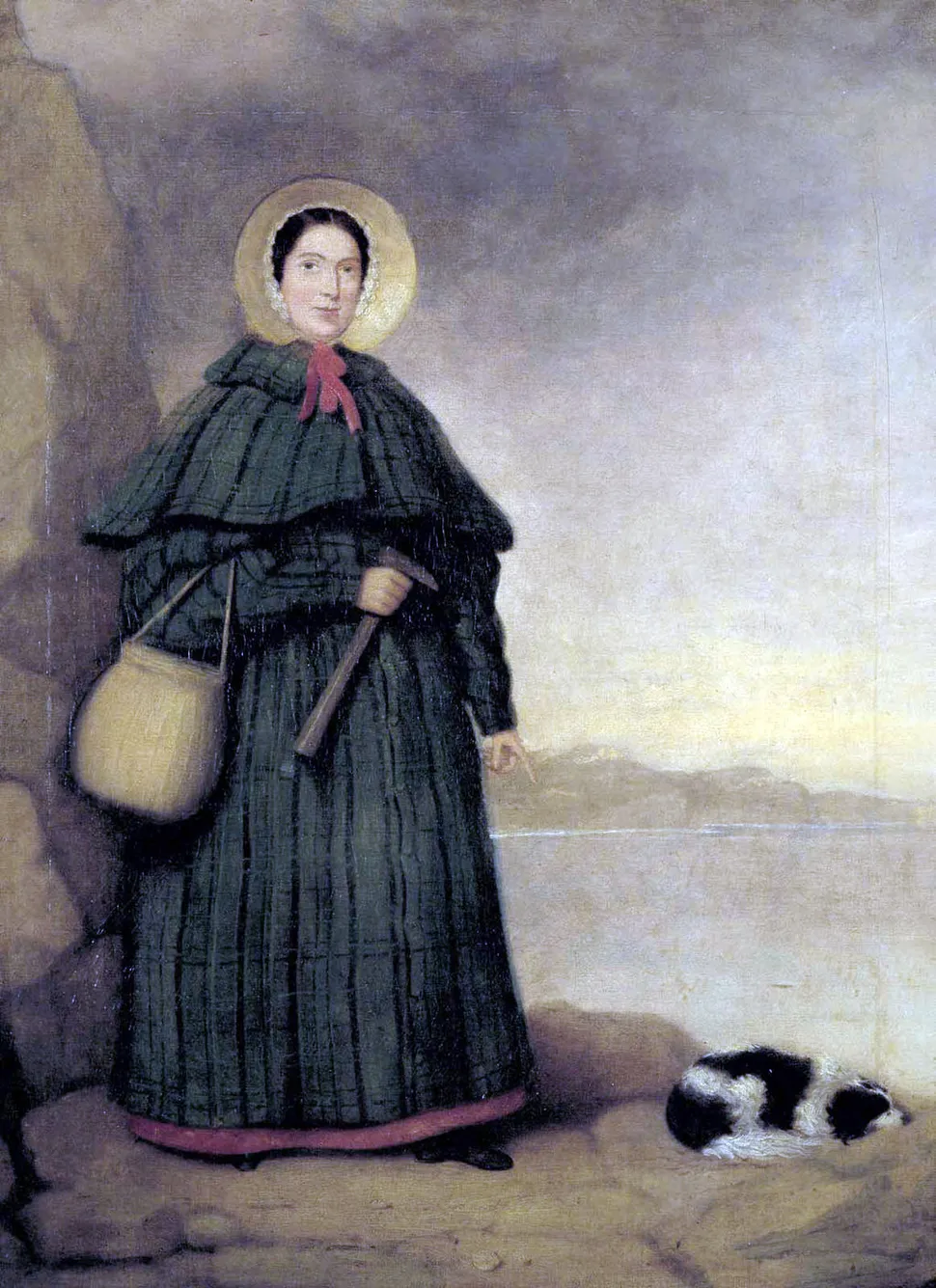Less than a year later, Anning, with the help of her brother, uncovered a fossil that baffled scientists. It was 17 feet (5.2 meters) long, had 60 vertebrae, and took months to excavate, and by the time the Annings were done, word had spread in town that she had discovered a monster. Part of it looked like a fish, but part looked like a crocodile — something like this had never been seen before, or at least not by the London scientific establishment. It would ultimately be named ichthyosaur, meaning fish-lizard. Ichthyosaur fossils had been found before, but Anning's specimen was the first complete skeleton, and it threw the scientific world into turmoil.
"I by no means consider it as wholly a fish, when compared with other fishes, but rather view it in a similar light to those animals met with in New South Wales, which appear to be so many deviations from ordinary structure," Sir Everard Home, a British surgeon, wrote when first describing the fossil in an 1814 scientific journal. He didn't mention Anning, instead noting the name of the landowner whose estate contained the cliff face. (Read more.)
Tuesday, March 9, 2021
Mary Anning
Subscribe to:
Post Comments (Atom)


















No comments:
Post a Comment